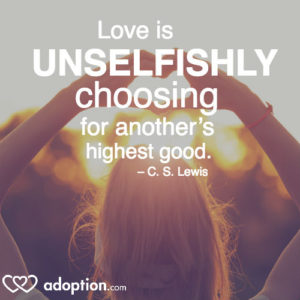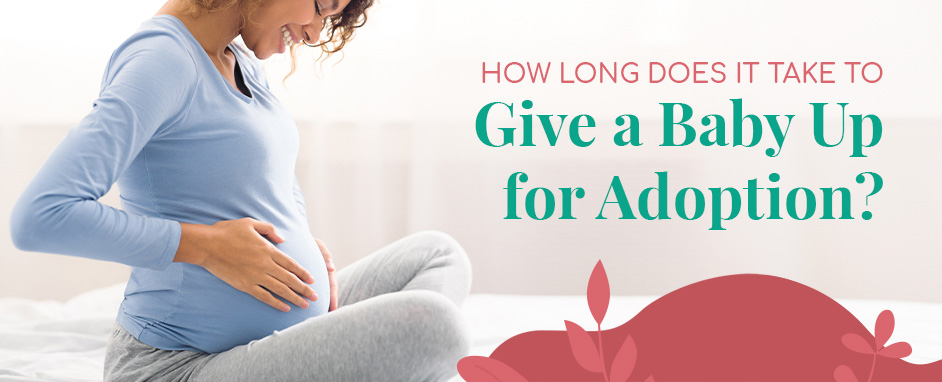February 21, 2019
The Seven Core Issues in Adoption
In 1986, Deborah Silverstein, a social worker, counselor, and educator, developed an influential and informational analysis of adoption. With her colleague, Sharon Kaplan, they identified the “seven core issues” that will affect that adoptive triad (birth parent, child, adoptive parent). These seven issues often arise or manifest in different ways – being able to recognize these issues helps to navigate them more responsibly. The “seven issues” are as follows:
- Loss
- Rejection
- Guilt/Shame
- Grief
- Identity
- Intimacy
- Mastery/Control
In its most basic form – adoption is created by a loss. Most birthparents, children, and adoptive parents have experienced loss is some way or another. It is with these losses and the way they are accepted and, ultimately, resolved that we are able to set the “tone” for the lifelong adoption journey. There is no mincing words here: adoption is a fundamental, life-altering event. For a birth parent, the grief process of adoption is seemingly never ending. Loss becomes an evolving process, and once the birth parent finds out how to navigate that process – their journey continues forward.
Rejection is often a feeling that comes with the feeling of loss. The feeling of rejection will lead a person to believe that there is something intrinsically wrong with them when, in fact, there is not. People who have been affected by rejection before oftentimes will actively avoid any situation where they feel they may be rejected. A child who has been adopted can feel rejected by their birth family – the healthy and responsible processing of thoughts and feelings can help alleviate these emotions.
When an individual experiences rejection or loss – guilt and shame are feelings that come along, too. The triad going through the adoption journey have lots of opportunities to be inundated by these emotions. For a birth parent – becoming pregnant or coming to the realization that they cannot care for a child of their own can bring feelings of shame, embarrassment, or guilt. For a child, the feeling of being a “burden” on their birth family can cause them to become embarrassed or withdrawn. For an adoptive family or adoptive parents – shame may have been felt during infertility or during a failed adoption. Again, processing these feelings in a way that is healthy and positive can help set you on the right track.
When comparing the feelings that arise from the adoption journey – grief and identity go hand in hand. When a person is grieving something – whether it be a child they have given up for adoption or something deeper in that process – they lose a sense of their identity to this overwhelming feeling of loss. Grief can cloud lots of emotions and feelings – identity is one of them. Adopted children can struggle with their own identity due to being born in one family and raised in another. They will struggle with who they really are. This feeling is not limited to just the child – all parts of the triad will need to find a new sense of identity along this journey.
The last two “issues” go play into each other: intimacy and control. When someone feels or experiences loss or rejection – that will directly impede their ability to develop a sense of intimacy and self-control. A child’s sense of intimacy is evident in their relationships with classmates, peers, and family while an adult’s sense of intimacy, or in this case, the birth parents is rooted in physical and emotional intimacy. When this is damaged – at any state in life – it becomes difficult to develop relationships.
In order to process these emotions, some may sit and pick apart their entire adoption journey. It’s important to try to identify these seven issues, or pinpoint some specific incidences where you’ve experience these feelings. Once you are able to identify the core issues – you will be able to keep an open dialogue and alleviate some of the isolation or confusion that comes along with the adoption journey. With this new awareness – a person can launch themselves into positive growth and happiness.
For more information on the “core issues” of adoption – visit the Child Welfare Information Gateway.
*Image from Child & Family Services


